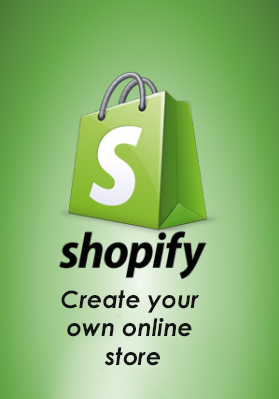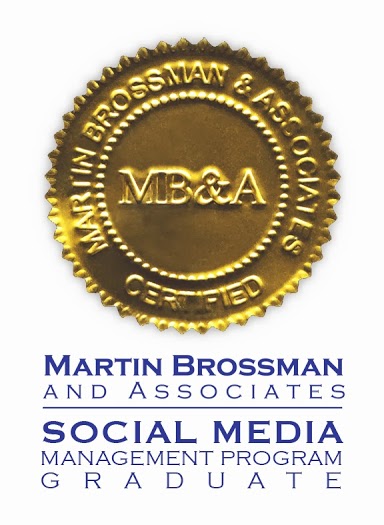Pinterest Power, by Jason Miles & Karen Lacey
Four stars.
Full disclosure: I paid full (Amazon) price for my copy of this book (that is, I did not receive a review copy) but I did receive a ton of associated “reserve your copy in advance” material as part of the purchase. The goodies aren’t changing my review. I reserve five stars for books that pretty much change my core thinking about something, and Pinterest Power doesn’t do that. However, it’s good, it’s as good as any of the current crop of Pinterest how-to books, and I like the tone.
One of the business-popular-tech magazines (Inc or Fast Company or Wired) covered the previous books about Pinterest a few months before Pinterest Power came out, and the reviews were all a bit dismissive. At that time, I held on to my money as a result. It may well be that Pinterest itself has matured and those books were premature. YMMV. I have followed Jason’s pins and blog for a while and I like his approach. Tested, responsible, pragmatic, proven.
The book is easy, straightforward, and thorough, and if you’re serious about using Pinterest to generate traffic, leads, and sales, you will be able to learn a lot. It’s WAY cheaper than any of the on-line education I’ve seen, and covers at least as much if not a great deal more. More accessible, IMO, and bathtub friendly in a way anything online is simply not.
I’m not completely happy with the explanation of how US Copyright law intersects with Pinterest (in short, the authors punted with an “IANAL” clause). IMO, businesses are much more likely to be the target of a copyright challenge, because we have (at least in the eyes of the prosecution) the money. Copyright law is not difficult. If you’re pinning for a business, you owe it to your business to understand how it works a little better than is explained here, although, I agree, the gist is correct: credit your sources (and, IMO, stay away from Tumblr).
After I posted the original Amazon review, I found an additional paragraph about copyright that more actively irritated me. The authors advise NOT linking to any site that has the “do not pin” code. Perhaps they meant to say, “do not copy from and then link back to,” but I don’t see any problem with linking TO any website, as long as you’re not stealing their content to create the pin. (I link to non-pinnable websites with Quozio.) (This paragraph is is a call-out box several pages BEFORE the section on copyright law, which is why I couldn’t find it when I wrote the first review. Didn’t think to look backward.)
I don’t know whether the “don’t pin from this site” functionality was available before the book was written; I wish it had been addressed. National Geographic is the most prominent site I have discovered using that code; stolen NatGeog images are all over Pinterest (and probably a few on my boards, although I have deleted some that I since came to recognize).
Somewhat minor quibble, unless your business is photography itself, which appears to have the most at risk.
Elsewise, you’ll do well with Pinterest Power, you’re bound to learn something, and follow Jason’s blog and boards to stay up to date, because Pinterest is changing faster than paper can keep up with.



Speak Your Mind